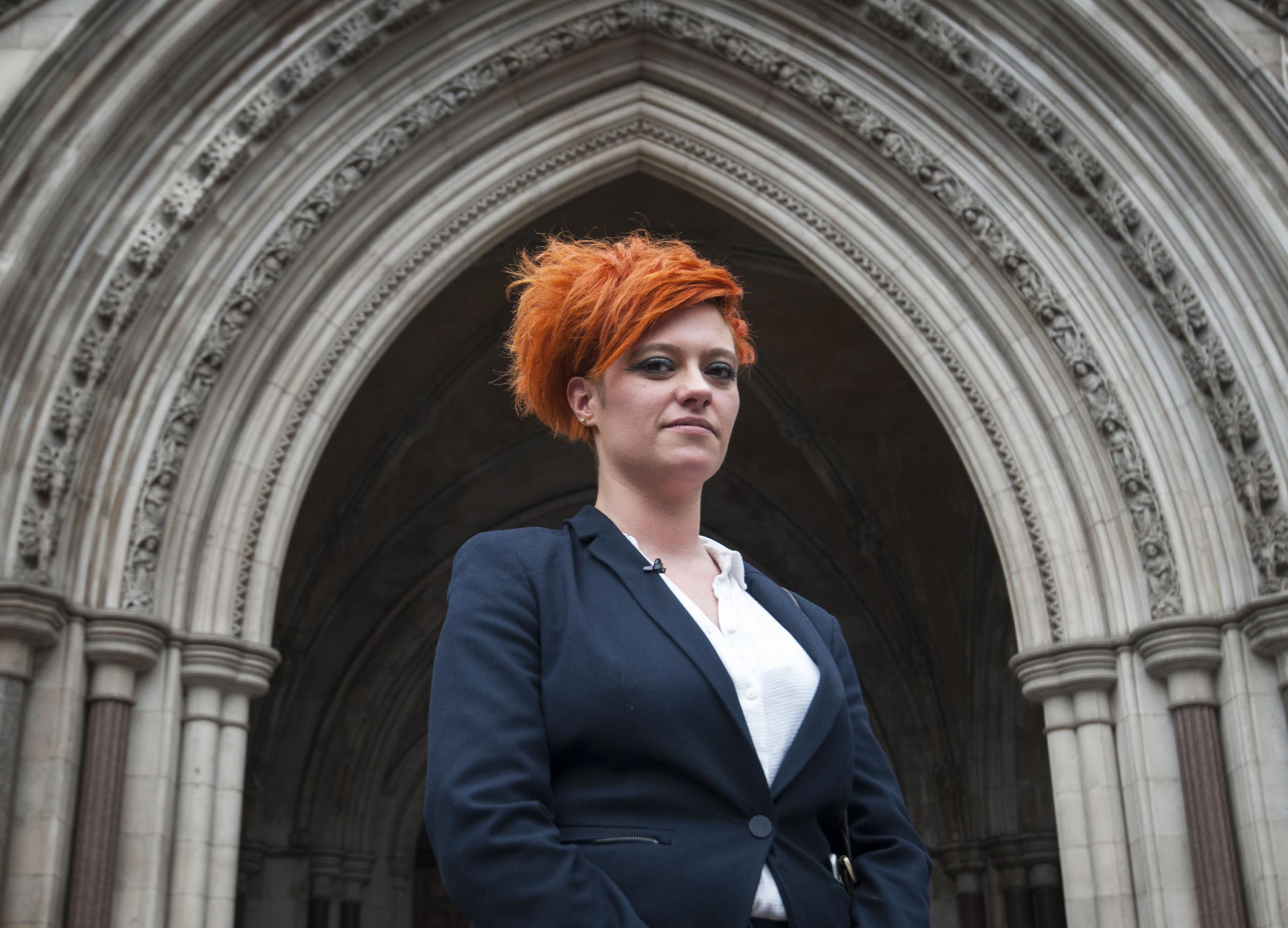Jack Monroe's openness about struggling with alcohol is invaluable – we don’t talk about battling the early stages often enough
With so much stigma still around, peer support is perhaps the most powerful way to create a safe space in which to ask yourself whether or not you have a problem


Your support helps us to tell the story
From reproductive rights to climate change to Big Tech, The Independent is on the ground when the story is developing. Whether it's investigating the financials of Elon Musk's pro-Trump PAC or producing our latest documentary, 'The A Word', which shines a light on the American women fighting for reproductive rights, we know how important it is to parse out the facts from the messaging.
At such a critical moment in US history, we need reporters on the ground. Your donation allows us to keep sending journalists to speak to both sides of the story.
The Independent is trusted by Americans across the entire political spectrum. And unlike many other quality news outlets, we choose not to lock Americans out of our reporting and analysis with paywalls. We believe quality journalism should be available to everyone, paid for by those who can afford it.
Your support makes all the difference.For food writer Jack Monroe, the new year has started with an honest and open account of her struggles with alcoholism. Her piece in The Guardian, which she describes as her “mea culpa”. was striking for two reasons.
Firstly, alcohol and drug problems still carry too much shame. Although the mental health conversation has progressed significantly, the topic of addiction often isn’t invited to the stigma-busting table. As such, there is a lack of understanding and a culture of blame around it.
Secondly, Monroe is sharing her journey as she is experiencing it – very early in recovery. It’s inspirational because she’s saying “look, I’m trying to deal with this” rather than “look, I’ve beaten this” – an approach very much embraced in peer support settings.
It’s inspirational knowing somebody has been in recovery and is managing to live a fulfilled life of sobriety – but it might feel like a big leap to someone in the depths of alcoholism who feels hopeless and ashamed.
However, seeing somebody like Monroe who is openly saying that she is trying to do something about it, one day at a time, is more relatable in terms of taking that first step.
Both accounts are needed, but it’s quite rare to see somebody speak out so early in what is likely to be a challenging journey and I applaud Monroe for doing so.
As with mental health problems, we need to move on from blame and consider what is normal and what is not. Real stories are a way of dealing with this.
It’s taken a while to move the perceptions of depression, for example, from someone who is feeling “a bit down” to someone who is experiencing something entirely different and possibly life threatening.
“Pull yourself together” is the depression response equivalent to “just don’t drink” for those struggling with alcoholism. Both are completely unhelpful but, perhaps, understandable where there is a lack of knowledge and therefore empathy.
When it comes to alcohol there’s a big question around the “why”. Some people drink to socialise with friends. Sometimes they might have a bit too much and experience a hangover. But it doesn’t have a detrimental impact on their life.
However, some people drink to self-medicate to deal with pain or mental distress, or because they are too socially anxious without it. Others drink because they will go into withdrawal and risk their lives if they don’t.
Perhaps this is the question many who read Monroe’s piece will be prompted to ask: Why am I drinking?
Monroe talks about how she drank to help her get through work or social events. Some readers might relate to this and acknowledge there is a problem. But then what?
With so much stigma still around (as I continue to see following my recent social media “debate” with Peter Hitchens and many of his followers who don’t believe that addiction even exists) peer support is perhaps the most powerful way to create a safe space in which to ask yourself these questions. A place where you won’t be judged by sharing your concerns about drinking, drug taking or eating problems.
In Newcastle – one of the country’s most problematic areas for drug and alcohol issues – peer support-based charities are springing up and making a real difference to people’s lives.
Examples of these include Road to Recovery, Recovery College Collective and Anxious Minds.
Peter Mitchell, chair of the Road to Recovery Trust and a writer and playwright who is himself in recovery, told me: “As a charity we support the 12-step recovery programme by providing space for meetings. However, the real value is in the social rehabilitation of the people who use the space.
“We are building a recovery community without shame; where there is strength in numbers; where advice and support are freely given and where vulnerable people can feel safe.”
As part of the service, the trust runs a “dry bar” called George Street Social, which this New Year welcomed over 200 people in recovery who celebrated until 1am without a drop of alcohol but with plenty of songs, dancing and laughter.
You only have to watch Johann Hari’s legendary TED Talk to understand how shame and isolation can have a serious and detrimental impact on people experiencing problems with addiction.
The power of community – especially one that is free of stigma – is invaluable.
The fact that these services are so popular should prove that there is a desire by many to make a positive change to their lives. Detox and rehab programmes are still needed and still in short supply, but this peer support community has its own very important role to play – nurturing that desire to get well.
Imagine the outcomes if professional support services matched this desire? But that’s another story.
By inviting the public to share in the early stages of her recovery, Monroe is breaking down some of the barriers that stand in the way of people taking that first step. She is tackling stigma but she is also, by speaking very publicly in the early days of recovery, managing expectations. She’s not pretending it’s easy, but she’s showing that it is possible.
It’s a truly positive start and one that many will find hope in.
Join our commenting forum
Join thought-provoking conversations, follow other Independent readers and see their replies
Comments